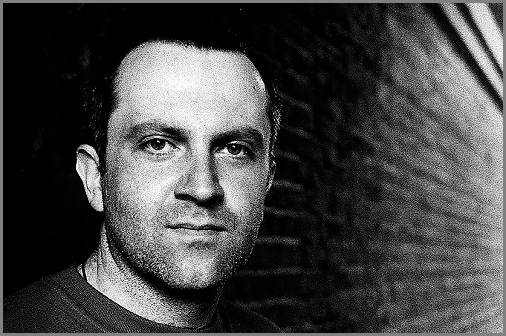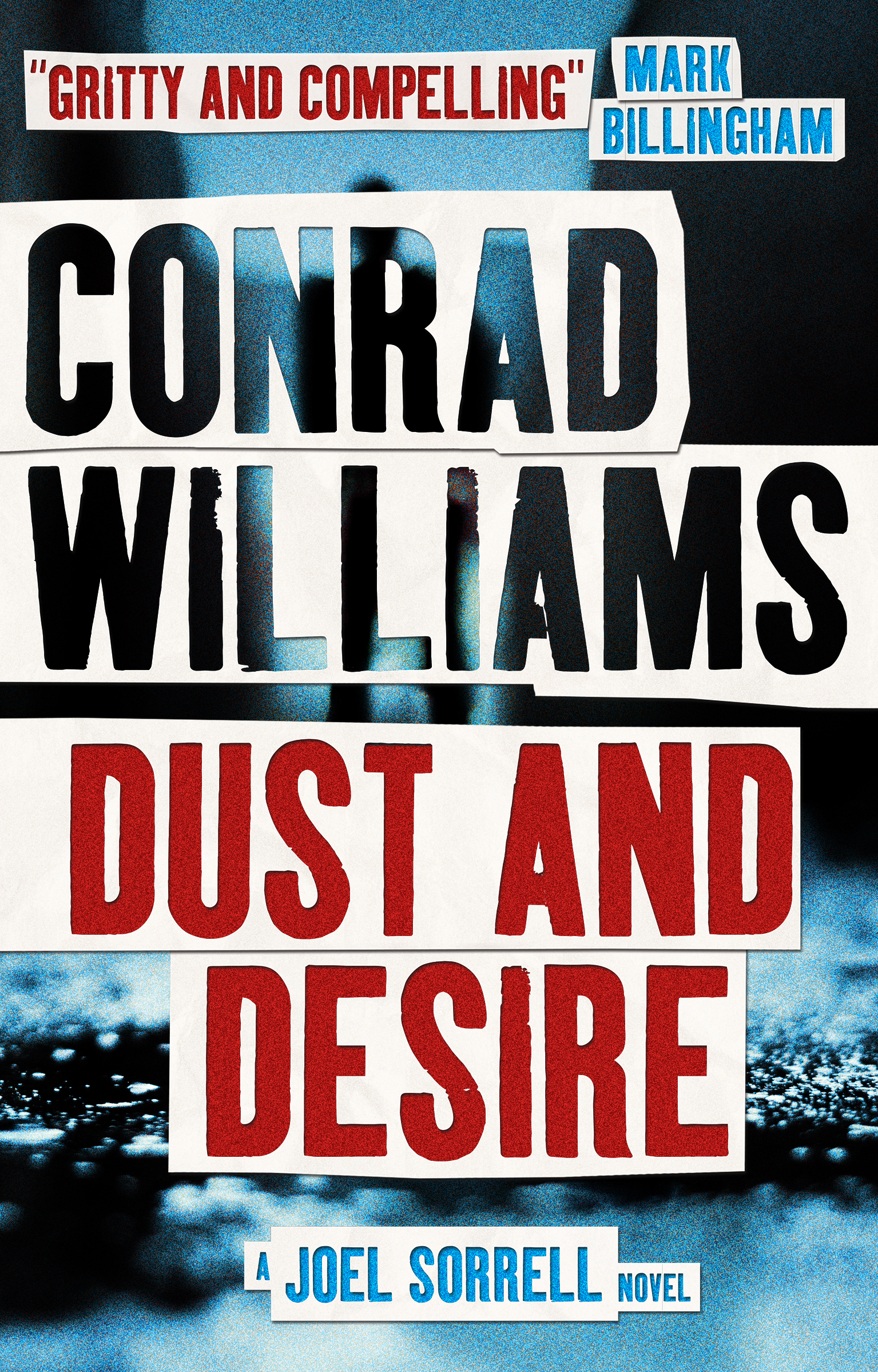You have no items in your cart. Want to get some nice things?
Go shopping
“We must face the uncomfortable truth that turmoil at home all too often accounts for the turmoil we end up seeing spill onto our streets and schools…”
‘Sons of Divorce, School shooters’ The National Review Online
Wilcox suggests that broken homes equal broken people, and that broken people break others. Although this particular article focuses on the idea that boys without authoritative role models are well placed to get caught in the Sturm und Drang of adolescence, it seems the issues these children develop can be teased to a more widespread problem; perhaps it is a perceived brokenness of the normal familial network that creates the sense of injustice and turmoil that fuels the actions of these children. Perhaps it is the social expectation of an American Dream-styled belief that two parents, a healthy marriage and two children, who go to college, plus some sort of pet is what one should receive whilst growing up, despite that this is not only a difficult balance of relationships to maintain but not the ‘norm’ for most people in America. This sense that one has been ‘left out’ or done out of what they believe that everyone else normally receives perpetuates a sense of injustice that often translates into violence within society.
Unlike Easter and Ruby, divorced children are let down by this vision more severely because they witness the breaking down of this family unit, whereas Easter and Ruby never really had a unit to lose, and therefore are not haunted by these memories of ‘normality’. This might explain the passiveness of Easter and Ruby, who, despite being surrounded by everyday violence, drugs and crime throughout This Dark Road to Mercy are the only two non-violent primary characters. Pruitt is a torturer and a murderer, Wade has committed a multi-million pound robbery, even Brady Weller is guilty of slamming Tommy Broughton’s head down on the table when he refuses to tell him about his hit on Wade. Although Easter has lemonade thrown over her hair by older children, this is more innocent high-school teasing than a serious act of provocation.
So why are these girls not more violent and bitter at the world for the awful situations in which they have been placed? Easter and Ruby built their homes in each other. They are aware of the ‘normal’ family unit; Easter nearly cries when they dye their hair brown thus making themselves look more like a normal family; the matching outfits too corroborated this sense of belonging. When Easter’s and Ruby’s mother dies, Easter is struck by how they do not match up to the ‘normal’ family lifestyle and is embarrassed of being discovered by the public services as ‘abnormal’. Easter obviously desires to obtain some sense of normality, she later tells Marcus that she wants to go to college, even though she does not really know what college would entail because it is what a normal girl would be expected to do when she reaches eighteen. When the girls move into their new foster home Easter looks round at all the things that ‘should’ be in a little girl’s room. However, the fact that they were never exposed to this family unit in the conventional sense means that Easter and Ruby are not haunted by what they think they should have because they never had that family to lose.
This led them to re-build the previous elements of their family within their relationship to each other. As discussed previously, Easter emulates a motherly function throughout the text as well as a sororal function to Ruby. This recreates the family unit of which they had become accustomed; Mom, Ruby and Easter (plus whoever ‘Mom’ was with at the time).
This shadow of a fatherly figure which so often changed shape, becomes Wade for the duration of this text. There are moments where Easter and Wade team up to ‘parent’ Ruby, such as the time that Easter partakes in Wade’s lies about what had happened to his mother in order to subdue Ruby’s anxiety, the fact that Easter and Wade discuss his stolen money, and the real versions of events whilst Ruby is absent (out of the room or in the back seat of the car). However, Easter’s and Ruby’s family unit does not have room for a permanent male figure; hence Wade’s departure at the denouement of the text, where Wade is forced to leave them to when they move in with their grandparents. The image of Brady Weller taking Wade’s seat at the baseball game when he is only absent for a few minutes is a symbolic reflection of how the male figure to Ruby and Easter, even one as ostensibly important as their birth father, can be so easily replaced.

About Claire Rodwell
Claire Rodwell is completing an internship at Litro this month. She is an Oxford based writer and an English finalist at St Anne's College. She has a passion for flash fiction, slam poetry and theatre design.




